US, Israel Have 'Tactical Difference' Over Iran Nuclear Deal
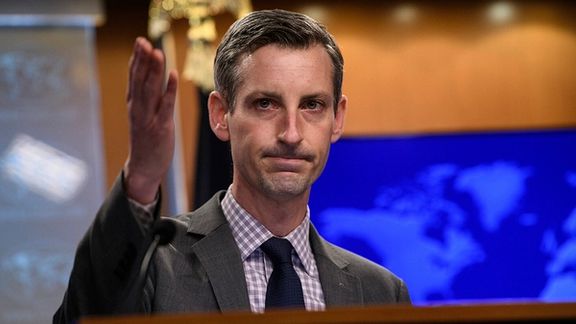
US State Department Spokesperson Ned Price says the United States and Israel have a tactical difference over the revival of Iran’s 2015 nuclear deal – or the JCPOA.

US State Department Spokesperson Ned Price says the United States and Israel have a tactical difference over the revival of Iran’s 2015 nuclear deal – or the JCPOA.
In response to a question about a report that the EU-proposed text of the agreement goes beyond the redlines of the Biden administration, Price said on Thursday that “it is no question that we have tactical differences with our Israeli partners when it comes to this question, the JCPOA. There is also no question that when it comes to the strategic objective, the overarching objective, we see entirely eye to eye.” Axios had reported that the saying the Biden administration from the deal.
“We are aligned. We are aligned in the firm belief that Iran must never be allowed to acquire or possess a nuclear weapon,” he said, noting that “We happen to believe that diplomacy... centered around a potential mutual return to compliance with the JCPOA is the most effective means by which... to once again see to it that Iran is subject to permanent and verifiable limits on its nuclear program as well as to the most stringent verification and monitoring regime ever negotiated.”
Price reiterated that if Tehran and Washington can return to compliance with the JCPOA, Iran will not be in a position to acquire a nuclear weapon, adding that US and Israel “see eye to eye on this overarching priority of ensuring that Iran can never acquire a nuclear weapon.”
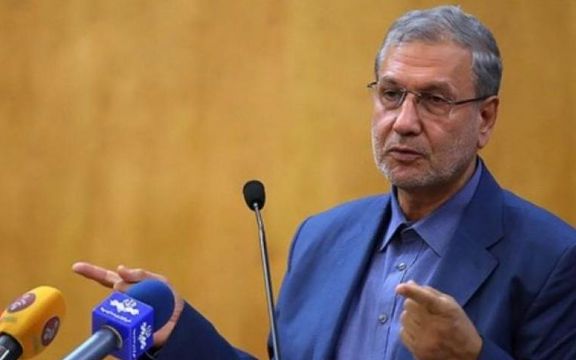
Iran's conservatives appear to have split into two groups, one welcoming a new nuclear deal and the other arguing it cannot be a magic wand for Iran's economy.
Conservative Foreign Policy Expert Jalal Khoshchehreh said in an interview on Thursday that hardline conservatives in Iran are preparing to blame whatever falls short of their demsands on Iran's previous government if the new deal is different from what President Hassan Rouhani's government had achieved in its negotiations with the West between April and June 2021.
Khoshchehreh explained hardline, or in his word, radical conservatives are pretty much sure that a deal is being made with the United States. On Wednesday, lawmakers at the Iranian parliament said that they had been briefed by top security, nuclear and foreign policy officials who told them that major hurdles on the way of an agreement have been removed and the United is weighing Iran's final response.
The analyst cautioned however that radical conservatives are getting ahead of themselves and setting the stage for the post-agreement developments, a situation in which both Tehran and Washington have made compromises.
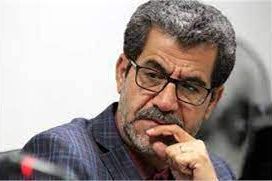
Meanwhile, the former head of the Iranian parliament's Foreign Policy and National Security Committee Heshmatollah Falahatpisheh described the differences among various Iranian conservatives over a new deal as a sham fight.
Referring to tough positions taken by some hardliner conservatives such as the editor of hardline daily Kayhan, Hossein Shariatmadari, who said on Thursday there no US guarantee is trustworthy, or conservative politician Mansour Haghighatpour, who has spoken about disciplining the United States, Falahatpisheh said that "Obstructionism has already started against a new deal. Had an agreement been reached earlier, it would have been working by now. Nonetheless, everyone in Iran and America should welcome any move toward reducing tensions no matter when this move starts."
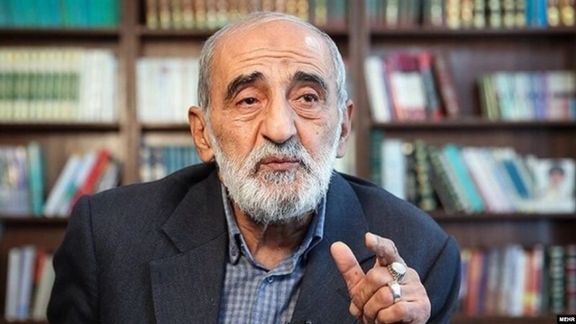
He said that "Iran's response indicates Tehran's acceptance of [EU’s Josep] Borrell's proposal. Tehran only needs to make sure that Washington's promises about [lifting] the sanctions are spelled out in the text of the agreement."
In another development, former Iranian government spokesman Ali Rabiei said in a commentary published by reformist daily Etemad that "It is wrong to believe signing an agreement will improve everything in Iran. This is a trap we should not fall in. An agreement simply removes the barrier on the way of moving ahead. But going forward needs prudent policymaking and efficiency."
He acknowledged that everybody in Iran seems to be happy about reaching an agreement as they think the country's has moved in the right direction. Rabiei added that as a result, the former opponents and supporters of a deal have reached a common understanding. But still, they will have two different approaches in the post-agreement situation. One group will limit the outcome to selling more oil and getting more money to survive and improve the current situation. However, the right approach is using the agreement as a first step to end Iran’s isolation from the world economy and to reconstruct and expand the country's infrastructure by investing in development.
The former official then opined that "the confrontation between these two approaches is the first challenge Iran will face in the post-agreement situation. Meanwhile, officials should prepare the country's banking system for the new reality…pave the way for foreign investment and strengthen the private sector."
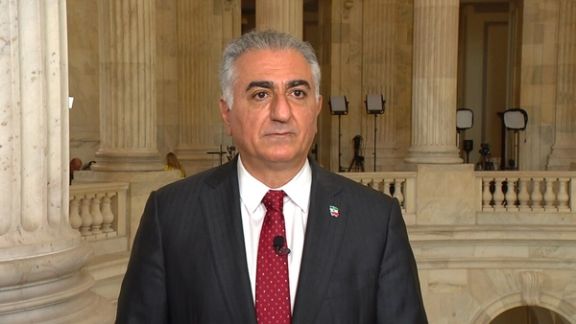
Iran's exiled Prince Reza Pahlavi says the way Western powers interact with the Islamic Republic has emboldened it to continue its repressive measures with greater immunity.
In a Wall Street Journal opinion piece, Pahlavi noted that the regime of Iran is the main responsible party for the attack on writer Salman Rushdie in New York last week, adding that Iran’s Ayatollah Ruhollah Khomeini invoked God to “call on all valiant Muslims wherever they may be in the world to kill [Mr. Rushdie] without delay.”
“While the Islamist regime in my country and the assailant it appears to have inspired bear responsibility for this attack, they were enabled by Western policy makers,” he wrote.
In the late 1980s and early 1990s, the United Kingdom and Germany cut relations with Iran, sending a strong message, Pahlavi said.
“This forced the Islamic Republic to keep a low profile. British and German citizens were largely safe from its machinations. The strong response from the West didn’t change Tehran’s destructive desires, but it did contain them,” he said, highlighting that now it appears “Western powers on both sides of the Atlantic have forgotten the lessons that kept their citizens secure as well as the dissidents to whom they offered a haven.”
He said although the Islamic Republic has not changed its revolutionary principle, it is now “accepted at glitzy panels at international forums and attend headline-grabbing negotiations at Europe’s chicest hotels.” That acceptance has afforded the regime unprecedented and undeserved moral equivalency with the West and has fostered confidence among Tehran’s radical followers who see the regime as a source of revolutionary inspiration to radical action, Pahlavi said.
The negotiations with Washington over a new nuclear deal in Vienna have shown “Khamenei and his criminal cabal” that they can effectively get away with murder, he said.
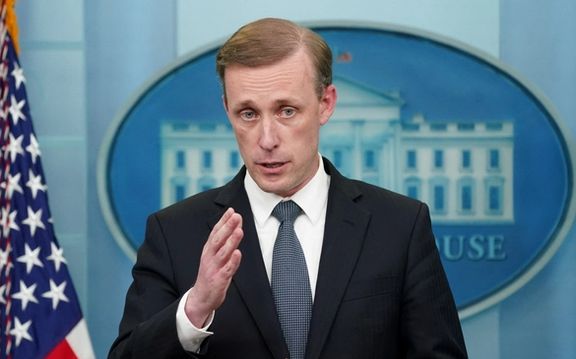
The US National Security Council was quick to reject suggestions by Senate Republicans that the administration is ready to make major concessions to Iran.
Senate Foreign Relations Committee ranking Republic, Sen. Jim Risch tweeted on Thursday that the “The Iranian regime seeks JCPOA guarantees from the Biden Administration that it will end the IAEA probe, protect Western companies operating in Iran, and allow Iran to accelerate nuclear weapons work if a future administration exits the deal.”
The key phrase here is “The Iranian regime seeks,” which is different from a claim that the Biden Administration has agreed to make the concessions. But the National Security Council was quick to respond to the tweet within the hour.
“Nothing here is true. We would never accept such terms. We also would not have left a deal that was working only to see Iran massively accelerate its nuclear program.”
Before Senator Risch’s tweet however, information emerged from Iran that regime hardliners were circulating a list of what they called “US concessions”, including lifting of some non-nuclear sanctions, which the Biden Administration has insisted it would not do.
The claim by hardliners in Tehran, however, was different from Sen. Risch’s points and the National Security Council tweet did not specifically address these.
One crucial point mentioned in Tehran was allegedly the lifting of sanctions imposed, for non-nuclear reasons, on a large conglomerate controlled by Supreme Leader Ali Khamenei.
Iran International asked the State Department about the Iranian claims, but the press office referred our reporter Samira Gharaei to the National Security Council tweet, which in fact had only addressed Sen. Risch’s claims.
It would be normal perhaps for the State Department not to respond to unofficial claims by politicians who do not formally represent a government.
The government-controlled media in Iran also chose not to report the claims by the hardliners.
Negotiations to restore the 2015 nuclear deal, JCPOA, have reached a crucial stage where Iran is awaiting the US response to a text it sent to the European Union on August 15. EU sources said Thursday that the US response may come “at any moment”, perhaps on Friday.
The only significant news on the nuclear talks in the Iranian press on Friday was a report on remarks by Parliament Speaker Mohammad Bagher Ghalibaf (Qalibaf) at a ceremony Thursday evening.
The Speaker accused the US of bullying Iran and said, “If we don’t stand up to that country, they will not back down. Therefore, we should become more powerful.”
Referring to a law passed by parliament in December 2020 that mandated more uranium enrichment and reduction in monitoring access for the International Atomic Energy Agency (IAEA), Ghalibaf said “nothing happened” when Iran disconnected the IAEA cameras in its nuclear installations… [on the contrary] “America again returned to the negotiating table.”
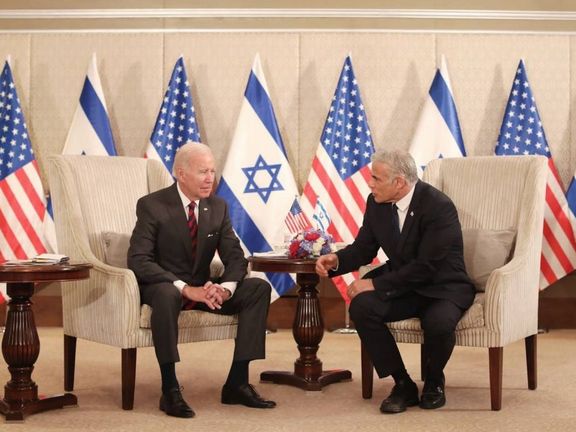
Senior Israeli officials have called on US and European leaders to leave talks with Iran on returning to the 2015 nuclear deal.
While Jerusalem believes Iran is close to inking an agreement with world powers, and has started preparing for the announcement of the deal, top Israeli officials said on Thursday that the time has come for Western powers to walk away from talks.
“The Europeans sent Iran a final offer, which doesn’t even meet the demands that the Americans committed to, and established that this offer was ‘take it or leave it,'” said a senior Israeli official at the highest level of decision-making on Thursday, adding that “Iran turned down the offer, and the time has come to get up and walk away.”
“Anything else sends a strong message of weakness,” the official added.
The unnamed senior official, in a briefing to Israeli journalists, also said that the world must now discuss what must be done in order to prevent Iran from abtaining a nuclear weapon.
Earlier on Thursday, Prime Minister Yair Lapid expressed this message in his phone call with German Chancellor Olaf Scholz. He also made the case to US Ambassador Tom Nides, and Florida congressman Ted Deutch, the chairman of the House Subcommittee on the Middle East, North Africa and Global Counterterrorism.
Israel’s National Security Adviser Eyal Hulata will head to Washington, DC, next week to conduct a series of meetings with US officials on the Iran nuclear program.
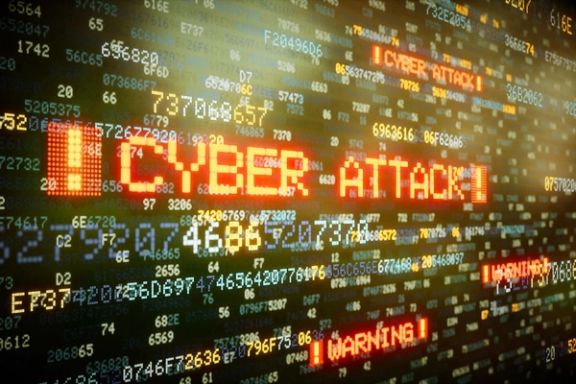
An Iran-backed hacking group has been targeting Israeli shipping and maritime organizations for the past few years, leading US cybersecurity firm Mandiant has confirmed.
Attackers began threatening maritime commerce in 2020 as the Israel-Iran shadow war increasingly began to play out at sea after mainly being waged on land and in the air, the Virginia-based company said on Wednesday.
The hacking group focused on collecting intelligence from Israeli entities and has also targeted Israeli government, energy and health care organizations.
The company wasn’t clear how successful the hackers had been in their attacks but warned that the intel and data obtained by the Iran-backed group could be leveraged for activities such as damaging leaks or guiding military action.
The shipping industry and the global supply chain are particularly vulnerable to disruption, especially in places where a state of low-level conflict already exists,” John Hultquist, the vice president of threat intelligence at Mandiant, said in a statement, adding that This is a reminder that global companies face global threats. Iran’s cyberconflict with Israel threatens Israel and those who operate there.”
Late in June,Israeli Defense minister Benny Gantz said Iranian Revolutionary Guard conducted research to damage ships, gas stations and industrial plants in several countries including Britain, the US, France and Israel.
Gantz hinted that Israel -- which is widely believed to have waged cyber war against Iran's nuclear facilities and other infrastructure -- may retaliate physically against enemy hackers.